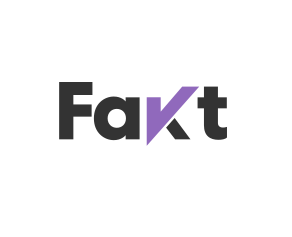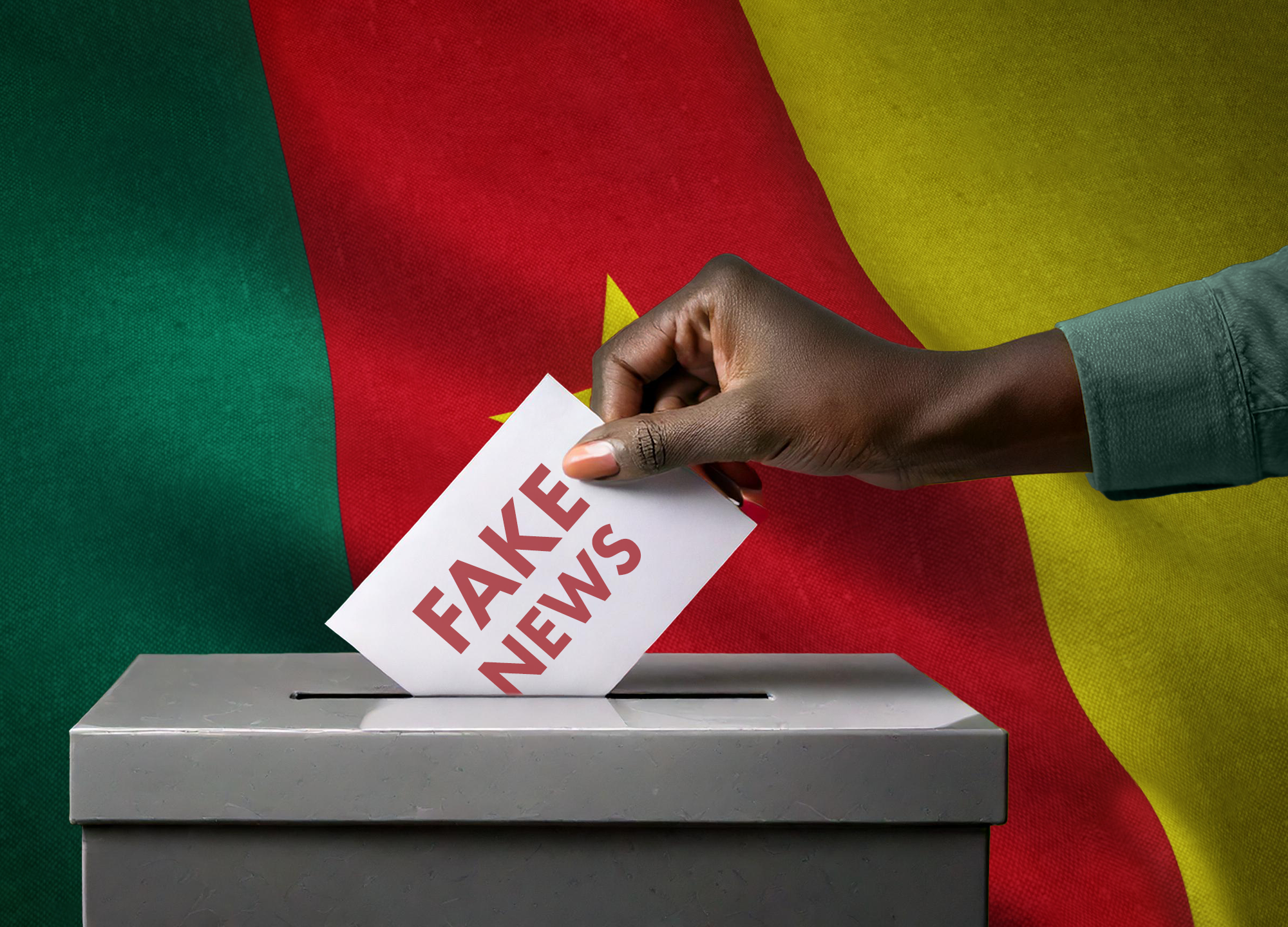L'année 2025, marquée par les prochaines élections présidentielles, sera-t-elle épargnée par le fléau de la désinformation ? Cette question reste une incertitude majeure à résoudre pour garantir des consultations électorales sereines et crédibles.
Alors que de nombreux Camerounais nourrissent l’espoir d’une élection présidentielle apaisée en 2025, l’horizon, quant à lui, ne fait que gagner en inquiétudes face à la montée vertigineuse de la désinformation autour de ce grand rendez-vous.
Diffusion des fausses informations sur les leaders des partis politiques, montage vidéo et photo à caractère calomnieux, fabrication et mise en circulation de faux document, tout y passe, sans exhaustivité, augmentant le climat de confusion et de fragilité. Ces pratiques ouvrent la porte à la manipulation en tout genre, objet de division communautaire et de tensions sociales vives. Les réseaux sociaux, terrain privilégié de ces batailles stériles, deviennent ainsi un espace propice à l’escalade de ces dérives.
« Il ne faut pas prendre pour vérités absolues, tout ce que nous lisons sur les réseaux sociaux. Le contexte est celui de l’élection présidentielle qui arrive, chaque camp, mobilise donc ses troupes pour détruire les autres et cela souvent à tous les prix. On a vu ce qui s’est passé en 2018, avec les manipulations et les tensions dont nous avons hérité. On doit tirer des leçons et mieux préparer cette élection pour que le travail d’information revienne en primeur aux journalistes, capables de répondre de leurs responsabilités quant à leur diffusion », explique Patrick Hervé ANDELA, journaliste à Yaoundé.
Pour comprendre, il faut remonter l’histoire à l’élection présidentielle du 7 octobre 2018. Ce scrutin a laissé dans son sillage un climat social clivé, marqué par une montée vertigineuse des discours de haine, un repli identitaire perceptible et une prolifération de fausses informations autour des élections, mêlant calomnies et mensonges. Ce lourd héritage continue, encore aujourd’hui, à imprégner la vie publique camerounaise. Sept ans se sont écoulés, sans que des mesures significatives ne soient prises pour contenir ce fléau. Certes, quelques actions ont vu le jour, en terme de régulation du secteur de l’information, sans grand impact sur la réalité. Pendant ce temps, la désinformation continue de se propager, en prenant des formes diverses touchant à des sujets sensibles, comme les affrontements entre communautés ou les tensions entre citoyens et autorités administratives. Elle a même donné naissance à un vocabulaire stéréotypé, se rapportant aux expressions sardinards et tontinards, faisant référence, à tort ou à raison, aux uns considérés comme profitant du système étatique et aux autres supposément exclus de ces avantages.
Que réserve alors l’année 2025 ? De quelle ampleur et de quels dysfonctionnements pourraient être la désinformation dans la narration de mise en cohérence des schémas sociaux ? Ces interrogations illustrent l’urgence de réfléchir à des solutions adaptées pour limiter les effets pervers de la désinformation autour de cette élection à venir. Pour cela, il convient de mettre en place un dispositif solide de fact-checking pour préserver l'intégrité du processus électoral tels que :
✅ Renforcer la formation des journalistes et des médias ;
✅ Former les journalistes aux techniques de vérification des informations et des images, particulièrement celles issues des réseaux sociaux ;
✅ Créer une plateforme de fact-checking indépendante chargée de contrôler les informations circulant sur les réseaux sociaux et dans les médias, en signalant les fausses nouvelles ;
✅ Collaborer avec les plateformes numériques, comme Facebook, Twitter, TikTok et WhatsApp afin de mettre en place des mécanismes de modération spécifiques pour l’élection au Cameroun. Des algorithmes de détection des fausses nouvelles, des options de signalement des contenus douteux ainsi que des restrictions sur la propagation de messages viraux (comme cela a été fait au Nigeria et au Kenya) pourrait être envisagés.
✅ Impliquer les institutions officielles comme ELECAM, le CNC et les organismes de la société civile.
À ce jour, aucune démarche significative ne semble véritablement perceptible. On peut toutefois relever les actions des organisations de la société civile, initiées pour la plupart en direction des journalistes pour mieux les outiller face à ce phénomène. Cependant, ces efforts isolés ne suffiront pas à enrayer la propagation de la désinformation. Seule une action mutualisée pourrait permettre de limiter son expansion à l’approche de l’élection présidentielle de 2025 au Cameroun.
Christian ESSIMI





